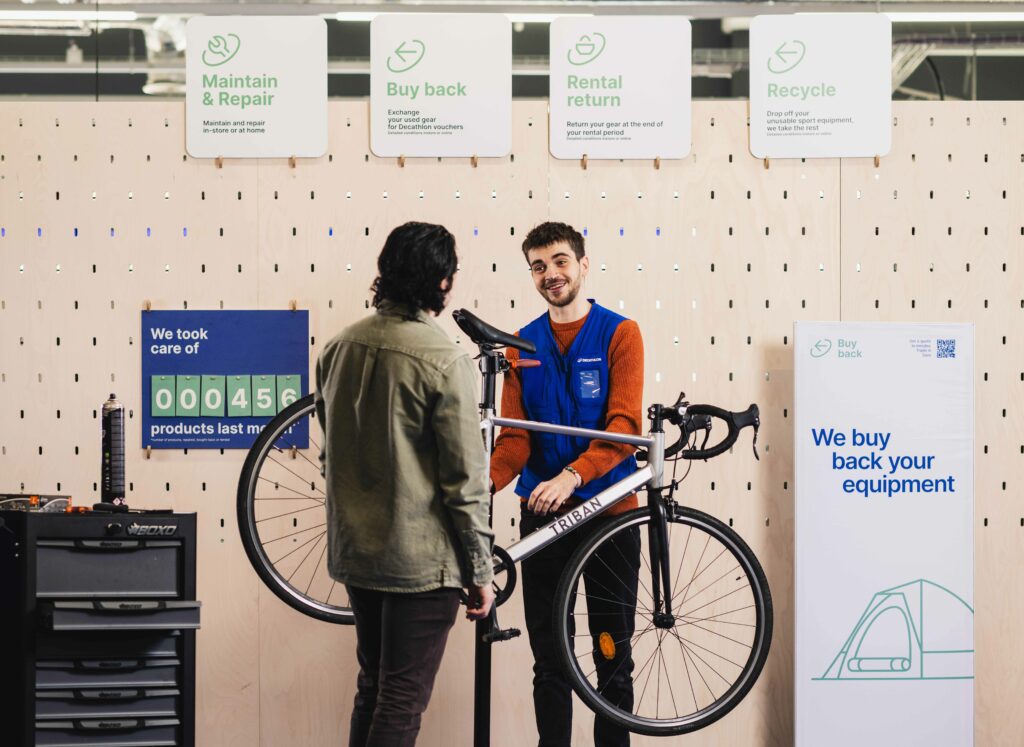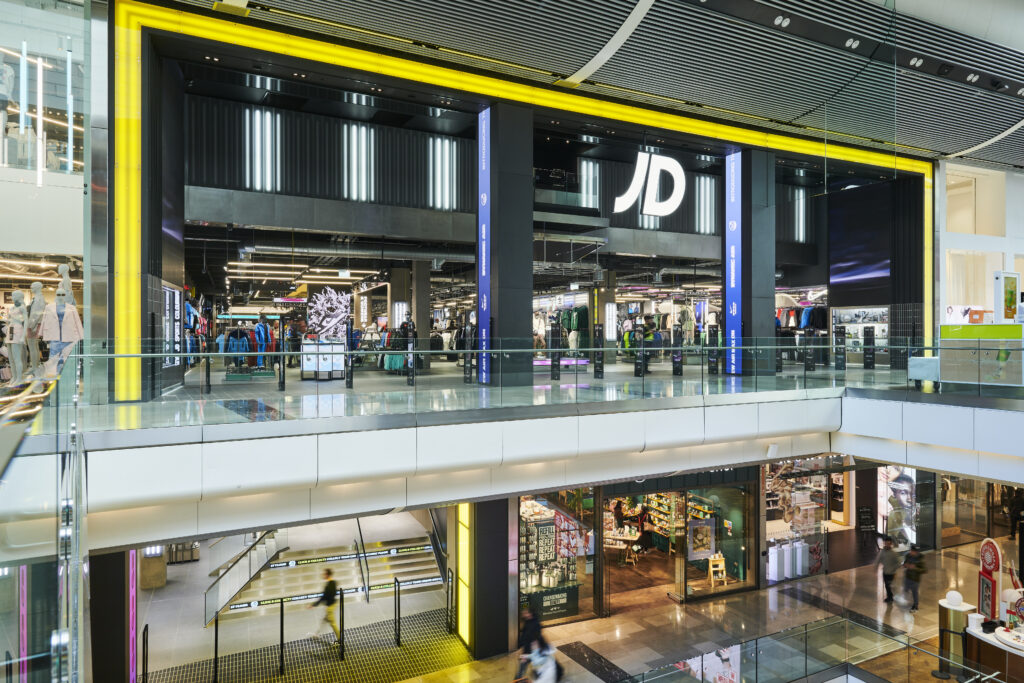High street retailer Marks & Spencer (M&S) has today announced its half-year update on its Plan A scheme, which aims to ensure ethical and environmental standards are met across the business.
A number of initiatives have been announced in the past six months, most recently the opening of two ‘Ethical Excellence‘ factories which the retailer claims offer world class working conditions, strong industrial relations and a developed education and training programme.
Located in Bangladesh and Indonesia, the factories make products which carry the ‘Plan A Attribute‘, meaning large volumes of denim garments and womenswear will carry the Plan A label once in stores next year.
In the UK, four factories received ‘Eco Factory Status‘ in recognition of their use of less energy and sending less waste to landfill than comparably sized factories.
Sustainability is a primary focus for the scheme and earlier this month, a sustainable learning store opened in Bangalore, featuring energy efficient lighting and air conditioning, water-saving technology and recycling facilities for high levels of construction waste.
It is hoped that the store will gain a Silver rating for a LEED (Leadership in Energy and Environmental Design – the US Building Green Council‘s environmental rating system), and is one of the few units in India to have applied for such a rating.
Distribution is also a key aspect of the retailer‘s promise to reduce emissions and as such, five dual-fuel trucks have been added to its distribution fleet. These trucks can potentially significantly cut CO2 emissions, though their performance will be monitored over the next six months to assess whether or not these will be rolled out on a wider scale.
Richard Gillies, Director of Plan A, CSR & Sustainable Business at M&S, said: “Plan A continues to deliver a more sustainable M&S.
“It‘s helping our stores become more energy efficient, our lorries use less fuel, our supply chain become greener and more resilient and it enables us to trade ethically around the world.”
Increasing the use of natural resources is also important to the company which set up its ‘Better Cotton‘ campaign in India as a result, while charity donations remain a focal point, with a £500,000 donation to Great Ormond Street Hospital to be made to help pay for a new gastroenterology research unit at the hospital.
Involving customers in the programme through campaigns and donations has increased awareness, and the retailer‘s ‘Forever Fish‘ campaign, launched in June, has been particularly popular.
Protecting British beaches and marine life, the campaign is the first of several aimed at improving sustainable choices and in the next three years, M&S will invest in projects with the World Wildlife Fund, encourage customers and employees to help the Marine Conservation Society clean British beaches and promote sustainable and lesser known fish such as Dab and Flounder.
Gillies explained that all of these initiatives should have a positive effect on the business and customers alike.
“We‘re saving money, so it‘s good for business, and it‘s good for customers, who are getting involved in huge numbers through campaigns like Forever Fish and hanger recycling for UNICEF,” he said.
“We‘re pleased with progress so far, but recognise there‘s still much more to do.”

















